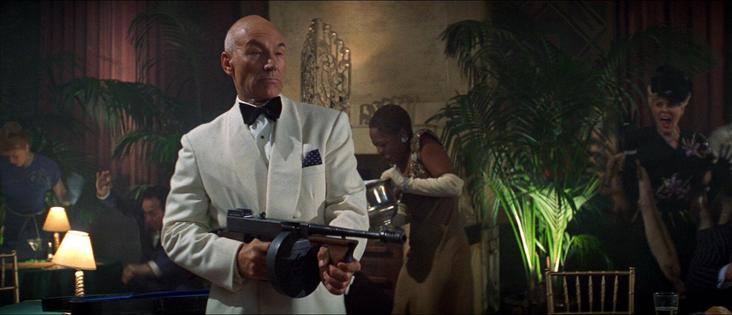Food For Thought on permissive #GunControl #Law in the modern #US. Going back as far as history records, carrying weapons was heavily regulated inside of cities, often to the point where even carrying #swords within the walls of a #Medieval settlement was only allowed for officials.
US #OpenCarry laws, and perhaps even licensed #ConcealedCarry, would be considered radical until the last century.
Perhaps we should rethink that.

